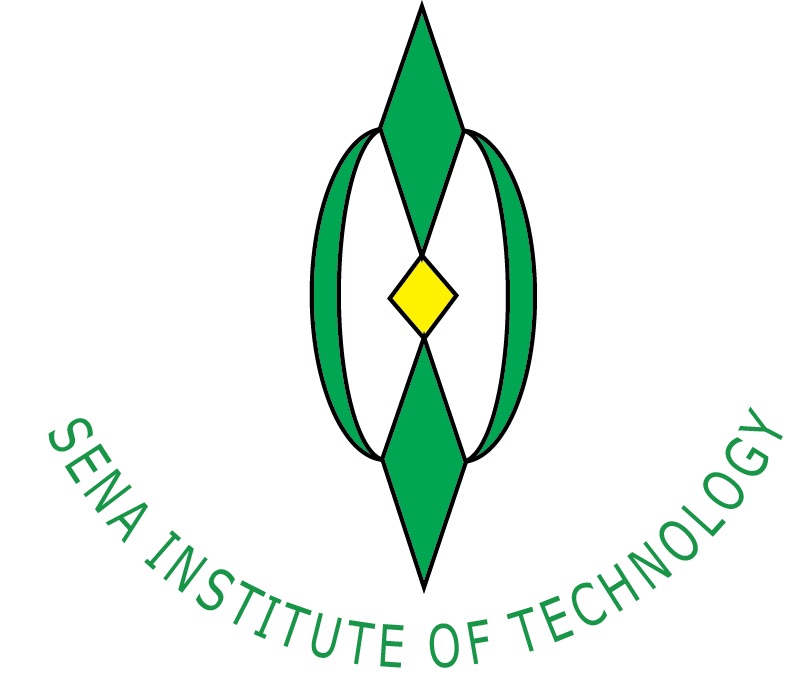PROGRAMS


IMPACT

COMMUNITY OUTREACH
It is projected that by 2050, about 70% of the world’s population will live in urban centers. The development of urban centers leads to increase in human population, loss of biodiversity and associated pollution and pathogen emergence which significantly impacts our wellbeing and health. This project is to develop workshops to educate the public especially inner-city students on climate change, biodiversity and pathogen tracking using emerging genetic tools. We will use the workshops to sequence environmental DNA (eDNA) in New England and to assess biodiversity at inner cities. The repository will be integrated into an early warning platform for crops, marine, animals and public health disease emergence.
In picture: Greetings from Nature art workshop at Fenway Community Center.

SENA ARTS FOR CLIMATE ACTION (SACA)
Climate change is a human induced rapid decline in our climate and as a result it requires multidisciplinary approach to science, technology, arts and policymaking to address it. Public awareness and community engagement are powerful tools to initiate the necessary behavioral change. Art has been a powerful tool to illustrate society and history over periods. It also helps to connect us to reality even in the most abstract of ideas while creating public awareness. The concept of climate change and its impact may sometimes seem abstract to students and community stakeholders. Without a proper breakdown of the concept and its impact on biodiversity, nutrition and health, it might still be hard to grasp. The SIT has over 500 photographic specimen in their repository which could be used to educate the public through arts and museum exhibitions.
In picture: SACA Exhibit.

ADVOCACY FOR BIOMEDICAL RESOURCES
For many scientists in Sub-Saharan Africa, getting access to biomolecular materials is a large hurdle to research. The Sena Institute of Technology (SIT) runs a repository of molecular biology strains – plasmids, bacterial strains, yeast strains, plant cell lines, and more – to make access to research materials faster and more affordable. This repository, also known as the Sub-Saharan African Genome Repository (SSAGR), acts as an accelerant to biological research across the subcontinent. Sena Institute of Technology Foundation support and provide resources to institutions in Ghana and across the continent. Through this effort we can eliminate the issue of resources as barriers to the scientific process.

CONFERENCES AND SEMINARS
Scientists in developing countries have limited access to cutting-edge research data. This is because third world scientists have limited access to print and electronic publications, conferences, and seminars. SIT runs a wide array of conferences, seminars, and workshops to increase African scientists’ exposure to each other’s findings, and that of first world peers. Conferences and seminars are one of the powerful means to strengthen biomedical research. In partnership with the Federation of American Societies for Experimental Biology, Sena Institute of Technology is organizing conferences, workshops and seminars to make these programs accessible to researchers across the continent.
In picture: FASEB conference rescheduled for August 27 – September 1, 2023.

At SIT Foundation, our mission is to facilitate education outreach on the intersection of climate change and biodiversity; and scientific development of Ghana and across Africa.







